Explore the ALSO Children’s Homes Wishlist and help fill the season with joy for the children supported by ALSO.
Explore the ALSO Children’s Homes Wishlist and help fill the season with joy for the children supported by ALSO.
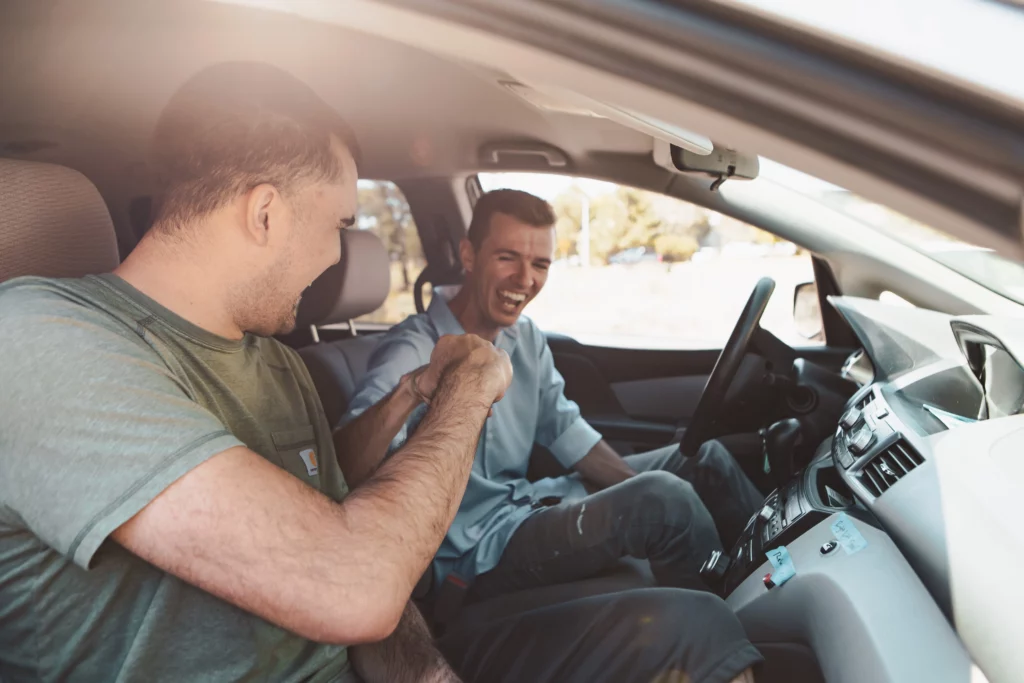
In this blog post, the service providers at ALSO shine a bright light on the importance of life skills for young adults with disabilities. The achievement of these essential skills is a key factor in health, social inclusion, independent living, financial security, and overall quality of life. For all people, including those without disabilities, life skills are critical to functioning successfully in our daily lives.
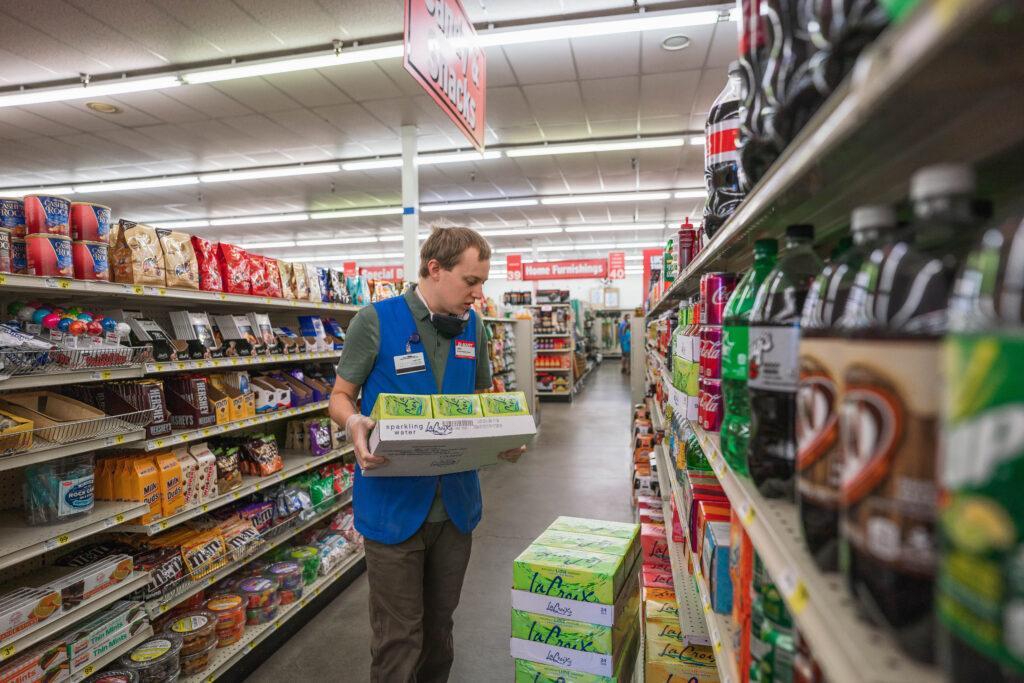
From the moment we wake up in the morning, we use our life skills to meet our respective responsibilities, excel in our goals, take care of ourselves, and get along with others. Such skills encompass an amazingly wide variety of behaviors, thought processes, habits, and abilities. Although health, research, and human service professionals differ and overlap in their descriptions, below is a definition of basic life skills from the World Health Organization (WHO).
Psychosocial competencies and interpersonal skills that help people to do the following:
Psychosocial skills have also been categorized as:
The above essential life skills provide a solid foundation for successful independent living at home, school, work, and in the community. The value of life skills not only applies to people with developmental and intellectual disabilities, but to everyone!
Basic life skills open us up to personal growth opportunities that improve our present and future quality of life, including the following:
CHECK IT OUT: How high-quality transition planning helps people with intellectual and developmental disabilities achieve life goals.
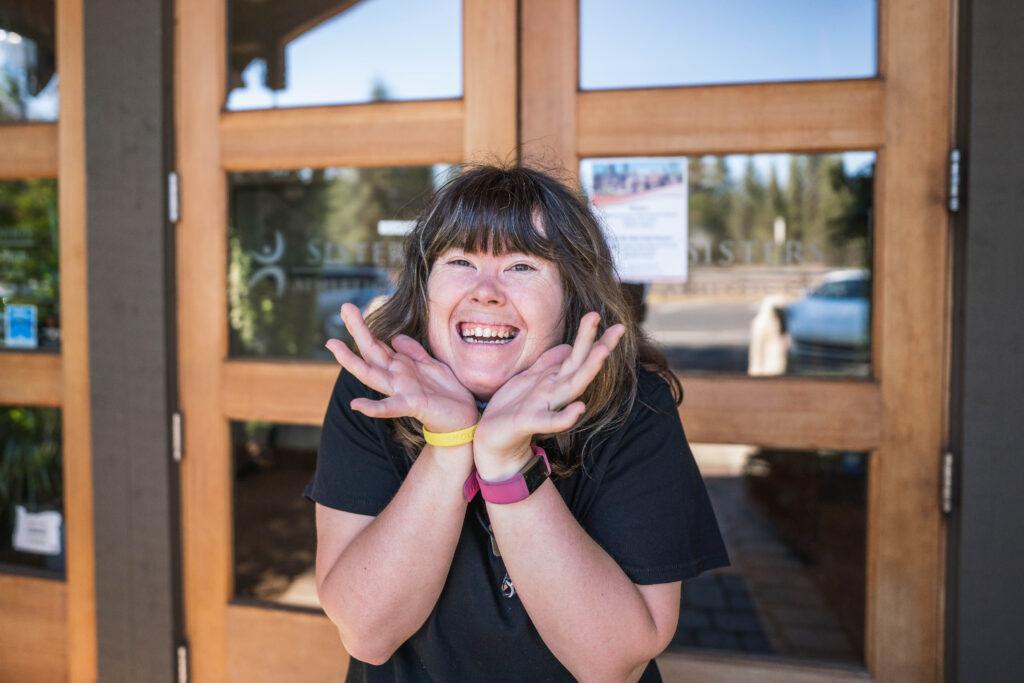
People with disabilities routinely experience four types of barriers to greater community accessibility:
Our present society and infrastructure tend to cater more towards individuals without disabilities than those individuals with disabilities. The result is that persons with disabilities have yet an even steeper hill to climb in the journey towards greater independence and equal opportunity in the community. This is why service providers, advocacy groups, and educators must continue to push for additional support for life skills programs for youth with disabilities.
CHECK IT OUT: How the Melissa Riggio Higher Education Program prepares young adults with intellectual disabilities in self-advocacy, campus life, and career development.
When youth have the opportunity to practice and improve life skills, they are better equipped to exercise their rights to self-determination. According to the California State Council on Developmental Disabilities, self-determination has the following components:
CHECK IT OUT: Disability self-advocate Kaaren Londahl speaks about living an independent life.
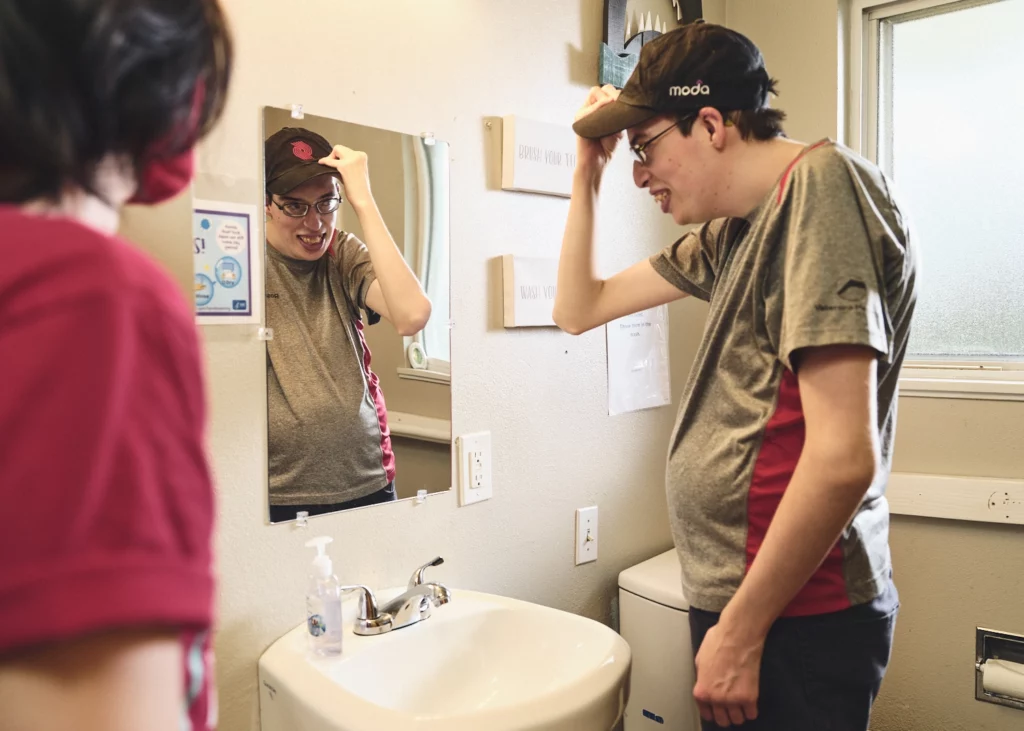
People can develop and improve their life skills no matter what their age. Whether you are living with a disability yourself or are providing support to someone you care about, these 6 tips are for you.
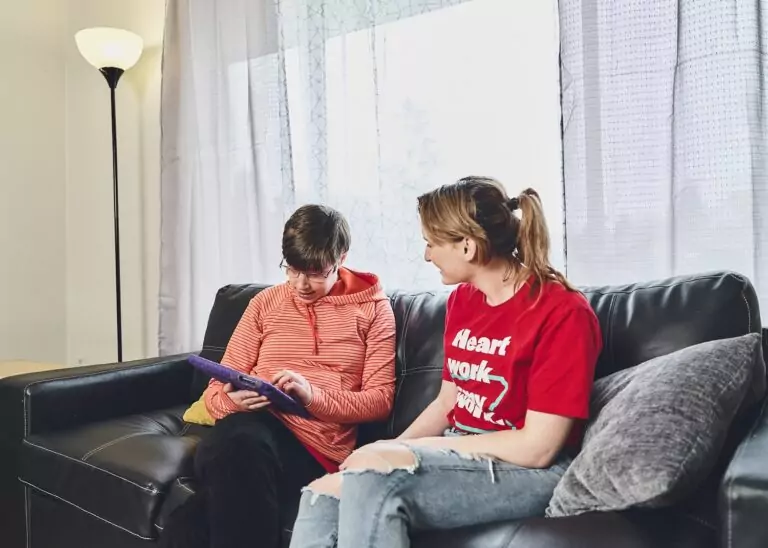
The Individuals with Disabilities Education Act (IDEA) mandates that each child receiving special education services have a written IEP. It is a collaborative process between a child’s parents/guardians, teachers, and support providers (such as mental health, physical, or occupational therapy). It also involves the young person with the disability if they are able to participate. The IEP must be completed annually and includes the following:
The IEP may be seen as the first formalized document that acknowledges the commitment the educational system has made to the student. As any young person grows and experiences the school years with his or her peers, there are many perfect opportunities to practice the very important life skills that we have been discussing. Here’s just a few examples:
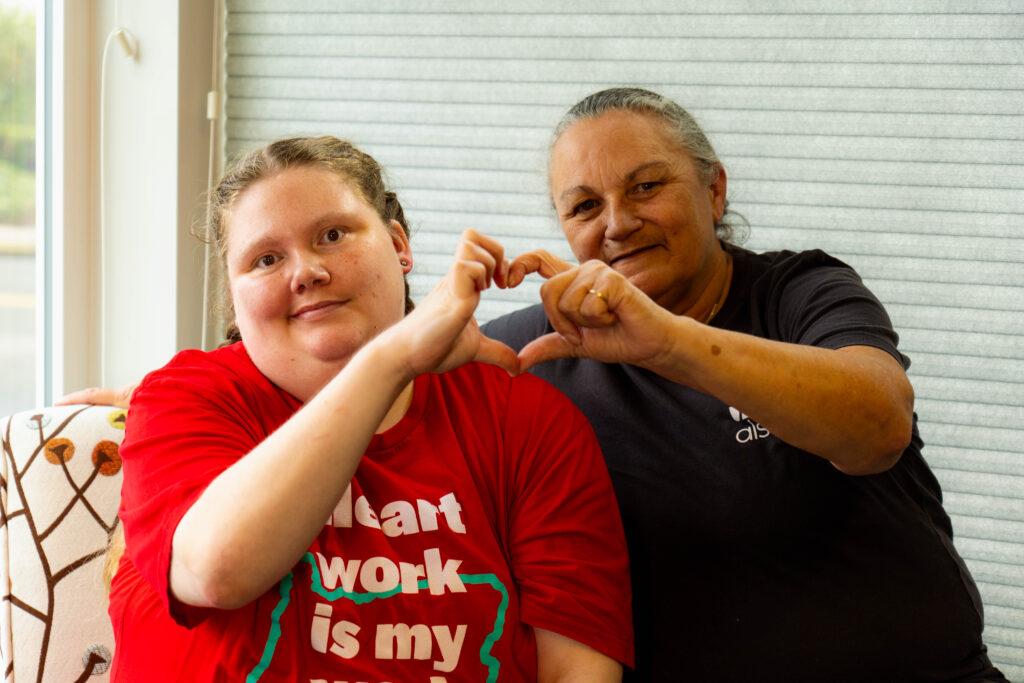
Admittedly, we’ve made major strides since the very early days of deinstitutionalization, the closing of sheltered workshops, and desegregation of all people with disabilities. Still, we can truly work together to accomplish even more.
As a family member, friend, and community member, you have a major role in improving life skills for young adults with disabilities. Our loved ones with disabilities need all the help they can get in reaching the goal to “live in the community, just like anyone else.” To be an excellent role model, all you have to do is practice those life skills yourself…especially care, thoughtfulness, and empathy.
If you’re an employer, have you considered hiring someone with a disability? If you aren’t, have you thought about asking local businesses if they might be interested in hiring people with disabilities? Would you ever consider volunteering at the local high school? There are many ways to get involved and be an advocate for people with intellectual and developmental disabilities.
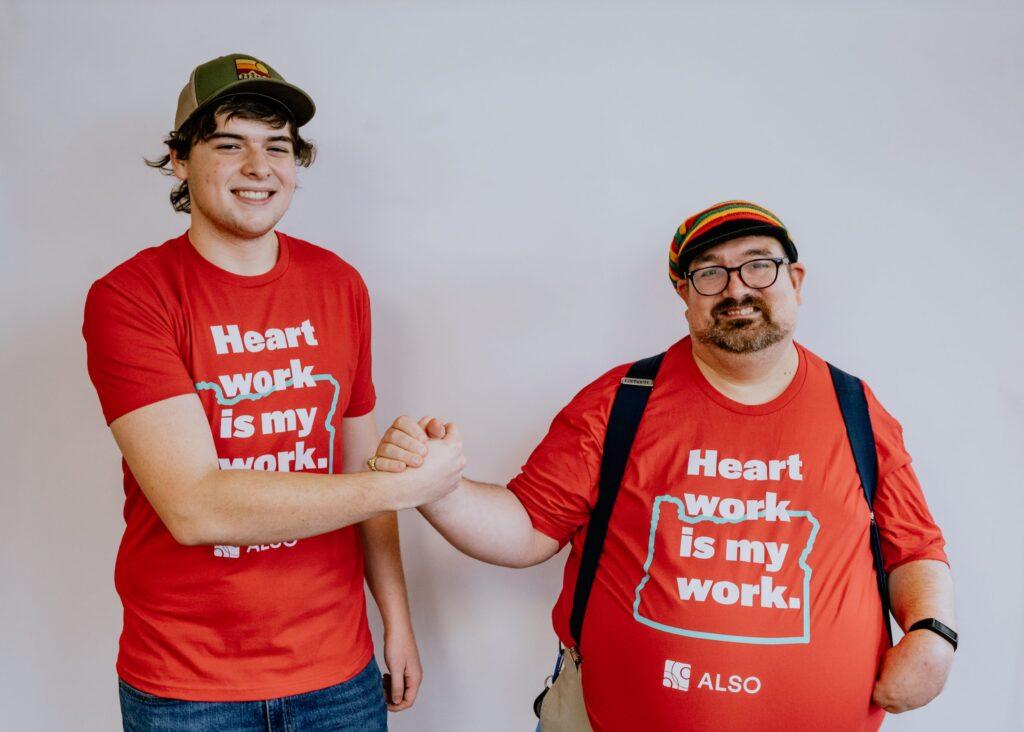
At ALSO, we are very proud to help the people we support improve the life skills that they need to function successfully in their communities. Our support services encourage the development of life skills and include individualized support plans (ISPs) so that every individual has measurable goals they can work towards. ISPs are an integral part to learning life skills for young adults, are unique to the individual, and may relate to both life skills at home and in the community.
Contact us any time to learn more about ALSO and how you can make an impact today.

Sign up for our newsletter to get our latest news, content, and job opportunities.
Help us ensure that everyone has the same opportunities in their home, workplace and community. Let’s make dreams!
